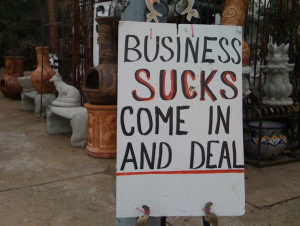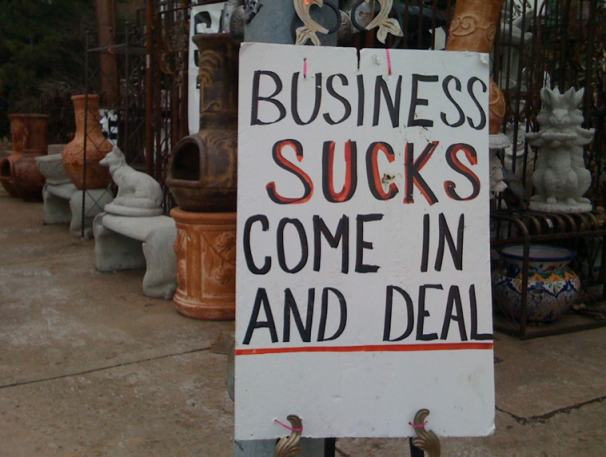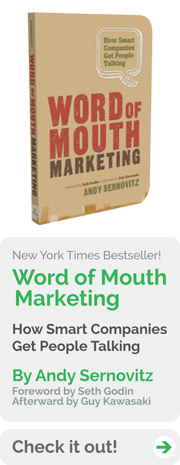It’s not about going viral, creating buzz, or getting people to talk about you.
The secret is to create a service environment in which word of mouth is most likely to occur and spread.
Today we’re going to explore three examples of brands that do it right:
1. Reverse word of mouth
I recently chatted with woman who ran a mom and pop garden center in Louisville. When we got on the topic of word of mouth, Ellen bragged about how her customers rarely told people about her plants. I was confused. Anonymity didn’t seem like something to be proud of. Until she told me what one of her customers told her: “I love your flowers, so please don’t send me your catalogs. I don’t want my neighbors to know where I buy them.” Yes, it’s a selfish thing to request. And yes, it’s a frustrating marketing dilemma for any business to manage.
But this level of loyalty, this echelon of exclusivity, might contain huge leverage potential. Sometimes buzz that goes the wrong way, goes a long way. Because if a business is willing to stay small, willing to focus all of its energy on a single, narrow, high-end micro audience — who buys enough to keep the lights on — maybe it doesn’t matter if not everybody’s talking about us. Maybe all we need is a small handful of people who love us to help our brand last forever. Who’s afraid to tell people about you?
2. Don’t forgive mistakes, reward them
I recently booked a room at the Sofitel New York. When I arrived, their system showed no record of my reservation, nor did they have any open rooms for walk-ins. A bit annoyed, I ended up staying across the street at a competing hotel. No problem. But when I got my credit card statement, Sofitel still billed me. Turns out, they documented the reservation after all.
The problem was, I mistakenly booked the room for the wrong date. And it was a non-refundable reservation. Woops. A bit embarrassed, I asked to speak to the manager. He was friendly, helpful and a great listener. And after speaking with his reservations manager, he decided to refund the charge immediately. The Sofitel earned a fan for life from a guest who never even stayed there. Good companies forgive mistakes – but great companies reward them. What’s your policy?
3. Create an emotional bonus

I once saw a sign outside of a flea market in St. Louis that read, “Business sucks, come in and deal!” That wasn’t just worth taking a picture of — it was worth telling my friends about. Not to mention, walking into the store and buying a few things. And that’s the secret: Anytime your marketing creates a memorable, unexpected, and jarring juxtaposition, you win.
I’m not talking about interrupting customers with ads so you can bother them into buy from you. Marketing is about designing your brand with a high degree of visual sophistication. It’s about making a first impression that creates a smile in the mind, but also demands further investigation. Are you providing the transaction of a service, or the experience of an emotion?
Whether you sell hotels, sell petunias, or sell Mexican ceramics, smart brands know the same thing about word of mouth. To create an environment where it’s most likely to happen, you have to change the experience of talking about you.
Because it’s not who you know — it’s whose life is better because they know you.
About Scott Ginsberg
Scott Ginsberg is an author, speaker, consultant, cartoon character, mentor, publisher, award-winning blogger and one smoking hot piece of brain candy. He also wears a nametag 24-7. Even to bed.
- Web |
- More Posts(1)



